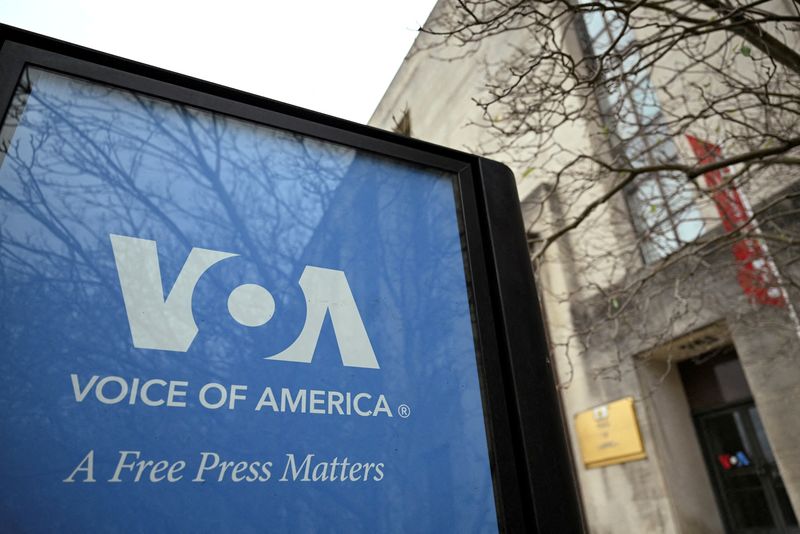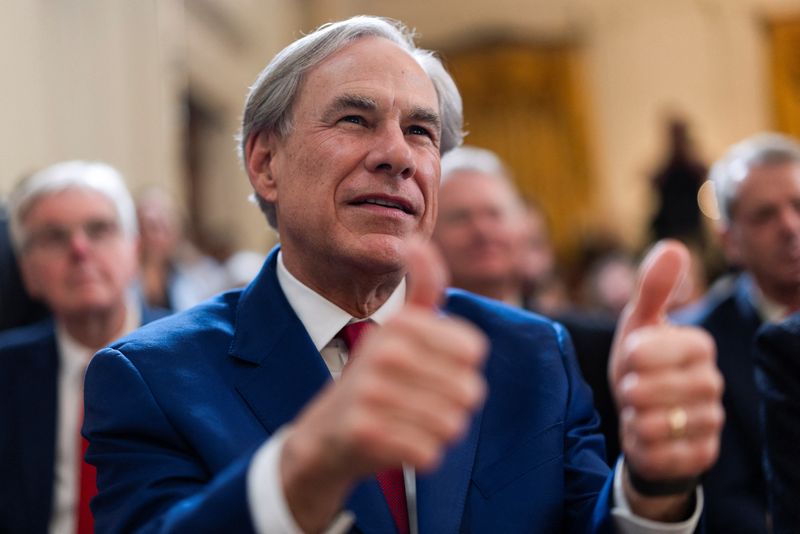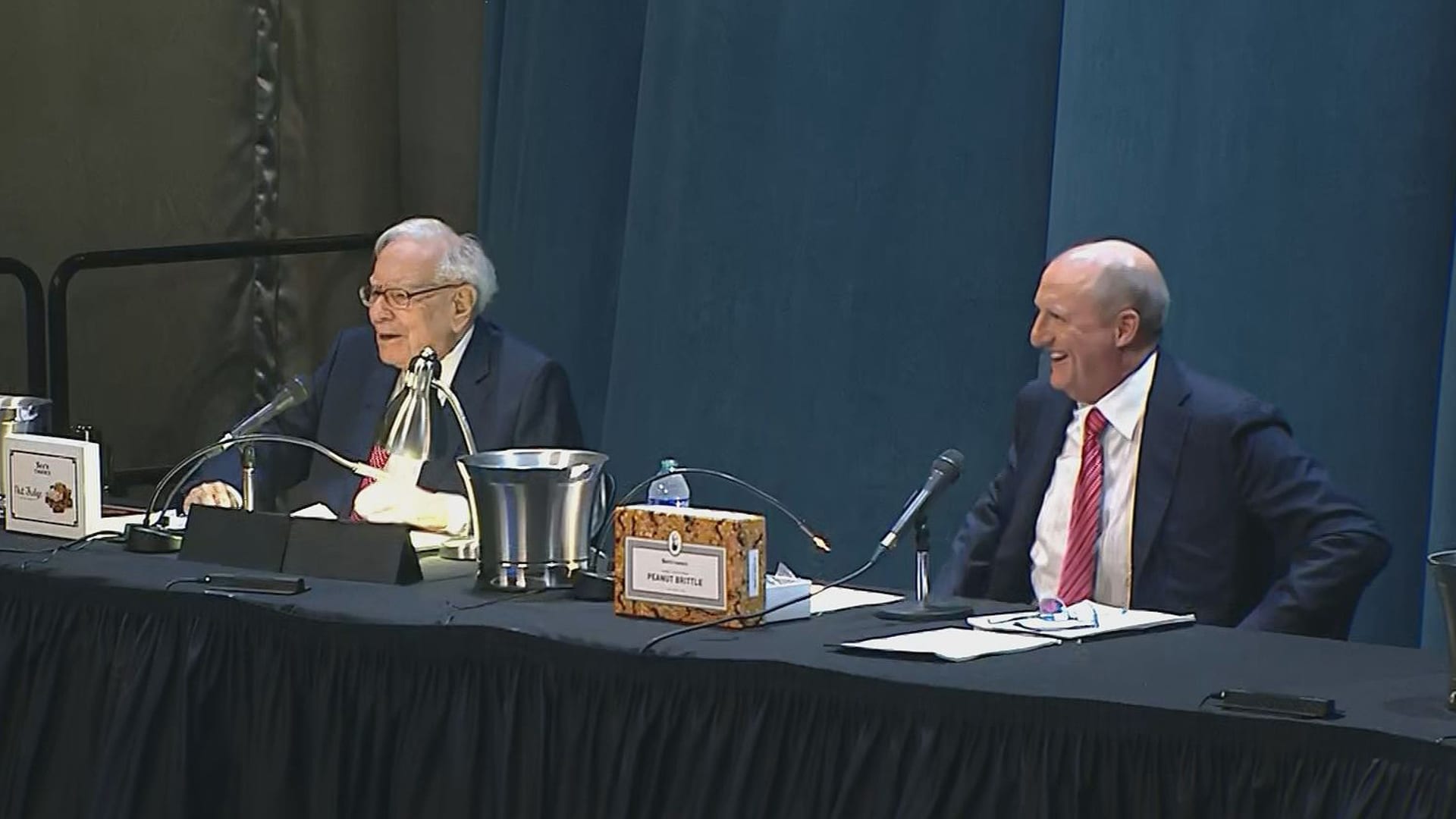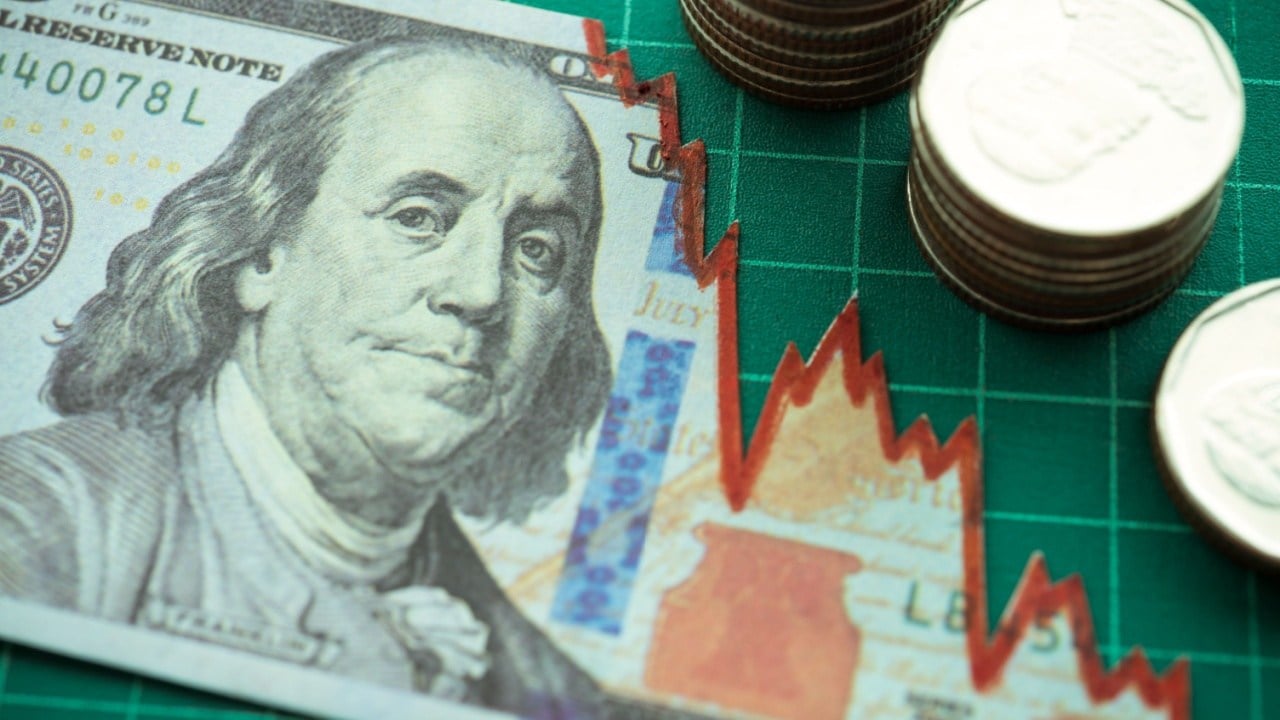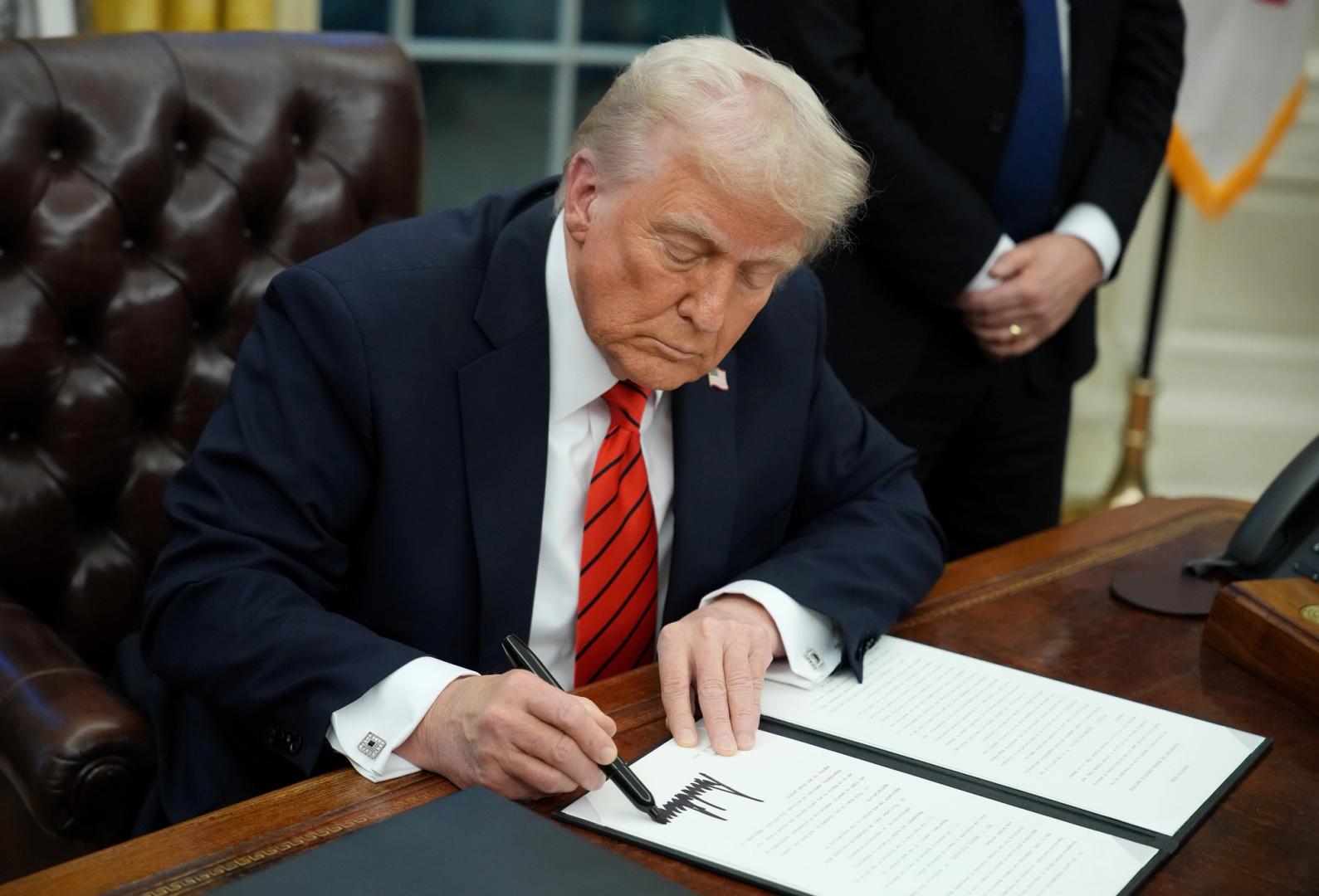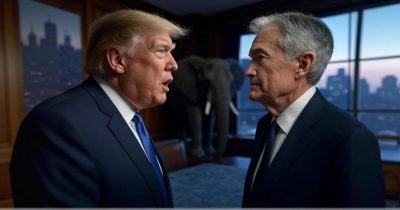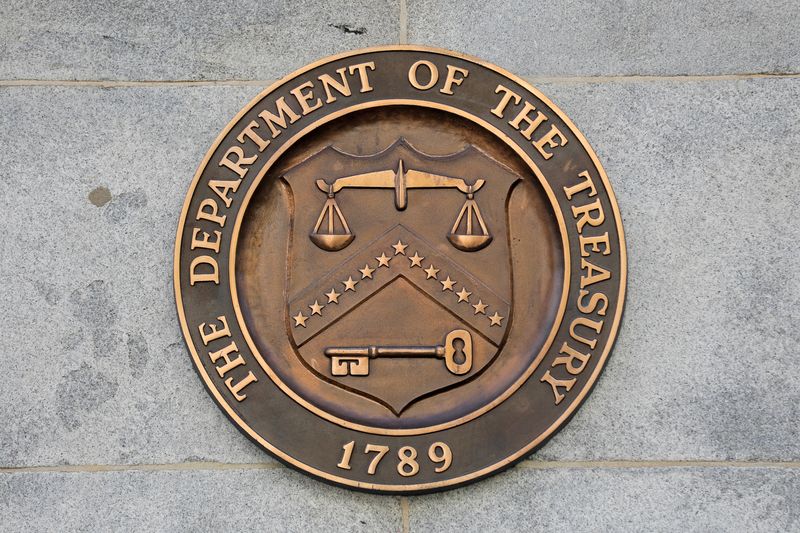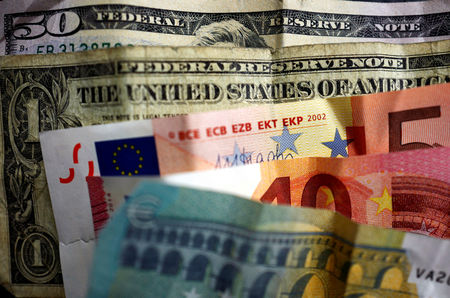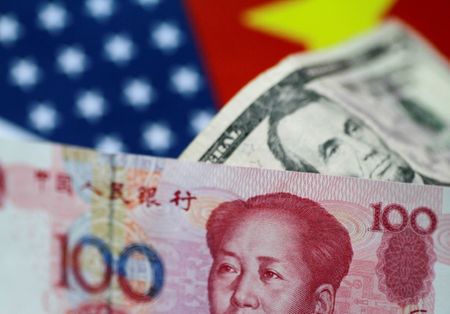President Donald Trump's Potential Proposal to Eliminate Taxes For Americans Making Under $200,000 Could Have Unintended Consequences. 2 Things Investors Should Know
President Donald Trump has floated the idea of eliminating income taxes for Americans making less than $200,000 per year. In a Truth Social post, Trump stated that the revenue from tariffs would allow him to pursue legislation where "people's Income Taxes will be substantially reduced, maybe even completely eliminated." Nobody likes paying income taxes, and giving that income back to a broad swath of Americans, including lower-income earners, could substantially help their finances and potentially increase their purchasing power. However, taxes are a bit like going to the dentist: It's a pain and often downright uncomfortable, but they're a necessity. Trump's potential tax cut proposal, while still far from reality, could have unintended consequences. Here are two things investors should know.While bigger and more complex, the U.S. government is essentially one large business. Every year, there are expenses, some of which are mandatory and some discretionary. The government also collects revenue, largely through various forms of taxes, most notably personal income tax. The government has let its finances get out of control. In 2024, the government operated at a $1.83 trillion fiscal deficit, meaning it spent that much more than the revenue it collected. This partly stems from the whopping $36 trillion plus of debt the country has accumulated, which requires large interest payments each year that cut into the budget.The fiscal situation has gotten so out of control that there have been times of trouble in the bond market when yields have escalated to alarming levels during times when investors might have expected them to fall. This was likely due to bond investors requesting more yield for what they considered to be a riskier financial situation for the government. The U.S. is still successfully issuing trillions of debt, and the dollar is still the world's reserve currency, but many experts say the situation is untenable in the long term.Continue reading

President Donald Trump has floated the idea of eliminating income taxes for Americans making less than $200,000 per year. In a Truth Social post, Trump stated that the revenue from tariffs would allow him to pursue legislation where "people's Income Taxes will be substantially reduced, maybe even completely eliminated." Nobody likes paying income taxes, and giving that income back to a broad swath of Americans, including lower-income earners, could substantially help their finances and potentially increase their purchasing power. However, taxes are a bit like going to the dentist: It's a pain and often downright uncomfortable, but they're a necessity. Trump's potential tax cut proposal, while still far from reality, could have unintended consequences. Here are two things investors should know.
While bigger and more complex, the U.S. government is essentially one large business. Every year, there are expenses, some of which are mandatory and some discretionary. The government also collects revenue, largely through various forms of taxes, most notably personal income tax. The government has let its finances get out of control. In 2024, the government operated at a $1.83 trillion fiscal deficit, meaning it spent that much more than the revenue it collected. This partly stems from the whopping $36 trillion plus of debt the country has accumulated, which requires large interest payments each year that cut into the budget.
The fiscal situation has gotten so out of control that there have been times of trouble in the bond market when yields have escalated to alarming levels during times when investors might have expected them to fall. This was likely due to bond investors requesting more yield for what they considered to be a riskier financial situation for the government. The U.S. is still successfully issuing trillions of debt, and the dollar is still the world's reserve currency, but many experts say the situation is untenable in the long term.



